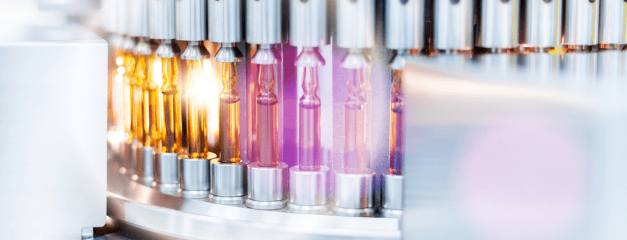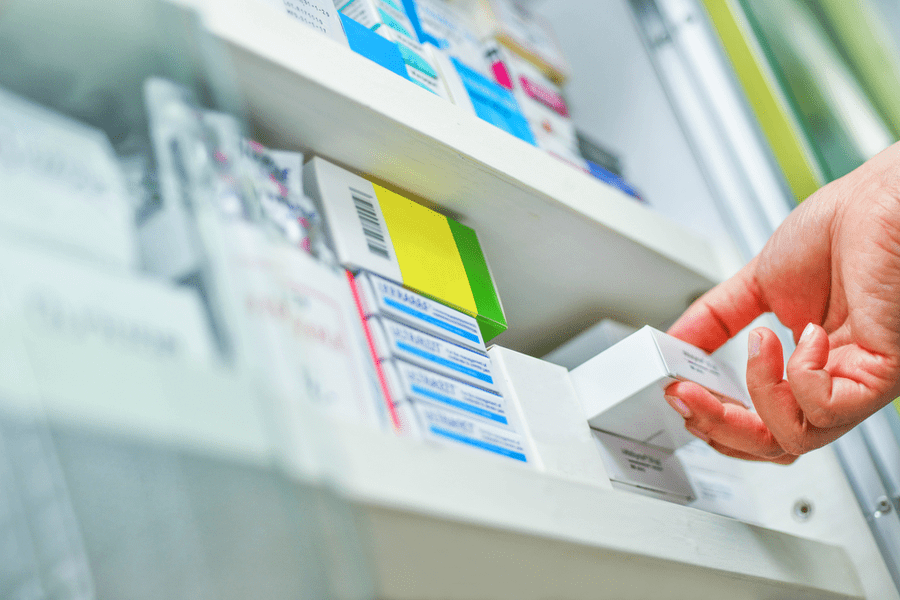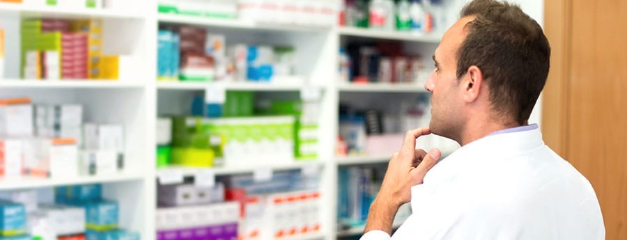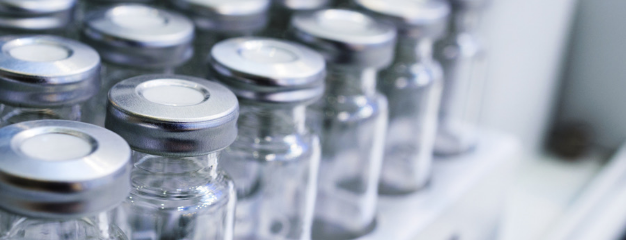Advocacy
Advocate for Patients and Families Who Rely on Biosimilars
Biosimilar medicines have the potential to save patients $130 billion by 2025… but only if we work together to make it possible.
Make Your Voice Heard
In 2021, biosimilar medicines provided $7 billion in savings for patients in the US. Additionally, biosimilars have been used in over 364 million days of patient therapy.
However, regulatory and market barriers to entry are slowing biosimilar uptake. This means millions of patients are missing out on the incredible benefits of biosimilar medicines.
The Biosimilars Council works directly with policy makers to craft policies that will boost biosimilar uptake and generate real savings for the patients who need it most. Learn more about the initiatives we’re advocating for right now, and make your voice heard to get these policies across the finish line.
Biosimilar Advocacy Issues
Sustainability & Market Access.
Biosimilars have a proven ability to compete with brand name biologics, providing patients with more options for their care and lowering drug prices. Despite patients’ reliance on these vital medicines, biosimilars face significant challenges that threaten patients’ access to care and billions in savings for them and their families.
The Biosimilars Council advocates for policies that ensure patients have access to biosimilars, no matter their insurance carrier, by putting an end to brand rebate traps and reforming providers to incentivize the use of lower-cost biosimilars.
Legislative Priorities
BIOSIM Act (H.R. 2815)
Currently, providers in Medicare Part B are reimbursed for administering biosimilars at average sales price (ASP) +6% of the brand-name biologic’s ASP. This creates a disincentive for biosimilars use, as biosimilars have an average 30% lower ASP than brand-name biologics. The BIOSIM Act would increase reimbursement to ASP+8%, leveling the playing field and promoting biosimilar uptake.
Increasing Access to Biosimilars Act (S. 1427/H.R. 2869)
This bill would direct the Centers for Medicare & Medicaid Services to establish a voluntary, national demonstration project under Medicare Part B to evaluate the benefits of a shared savings program for biosimilars. Participating providers would receive a portion of savings, incentivizing the use of higher value biosimilars.
Ensuring Access to Lower Cost Medicines for Seniors Act (H.R. 2846)
This bill would ensure new generics and biosimilars are covered by Medicare upon launch; ensure generics are placed only on generic tiers with lower cost-sharing and not higher brand cost-sharing tiers; and establish a new specialty tier for biosimilars and specialty generics.

Biosimilars Development
Biosimilar and brand-name biologic products manufacturing is different from manufacturing small molecule drugs, like generics.
The FDA carefully regulates the development of biologic products, including biosimilars. Biosimilars have been approved for use in the United States since the passage of the BPCIA as part of the Affordable Care Act, and since then the development and manufacturing of biosimilars have continued to advance.
The Biosimilars Council is committed to working with regulators including the FDA, CMS and other stakeholders to create streamlined policies for biosimilar approval and development for the benefit of patients.
BsUFA Reauthorization and Modernization Is the Key to a Healthy Biosimilar Market

Interchangeability
An interchangeability designation is a unique form of regulatory review used in the United States and is not an indication of superior quality.
Biosimilars are safe and effective medicines for patients. They are subject to rigorous FDA review and approval and are regulated after market entry just like reference biologics. Despite these facts, there is a targeted effort by brand companies to disseminate false information on the safety and efficacy of biosimilars. Such efforts threaten biosimilars adoption and hurt the health care system but limiting patient access to needed treatments.
The Biosimilars Council is focused on working with regulators to combat such misinformation campaigns to ensure patient access to biosimilars.
Biosimilars Council Comments on Draft FDA Interchangeability Guidance
Stakeholder Letter Encouraging FDA Action on Interchangeability
Comments and Letter Applauding FDA Draft Guidance on Interchangeable Insulin

Misinformation
FDA-approved biosimilars have no clinically meaningful difference from the brand name product upon which they are based. However, brand-name manufacturers have tried to confuse patients about biosimilars’ uses and benefits.
Biosimilars are safe and effective medicines for patients. They are subject to rigorous FDA review and approval and are regulated after market entry just like reference biologics. Despite these facts, there is a targeted effort by brand companies to disseminate false information on the safety and efficacy of biosimilars. Such efforts threaten biosimilars adoption and hurt the health care system but limiting patient access to needed treatments.
The Biosimilars Council is focused on working with regulators to combat such misinformation campaigns to ensure patient access to biosimilars.
AAM and Biosimilars Council Response to Pfizer Citizen Petition
Former FDA Commissioner Scott Gottlieb Statement on Misinformation

Naming
Biosimilars have no clinically meaningful difference from the brand name biologic they reference, but differences in the names of these products can cause confusion.
Biosimilars, like all biologic drugs, have an international nonproprietary name (INN). Each biosimilar shares this INN with a reference product. The FDA requires biosimilars to have an additional and random four-letter suffix to identify them as different than the brand-name biologic. It is the position of the Council and numerous other stakeholders that the addition of a suffix could lead to patient and prescriber confusion and increase the possibility of medication errors and effectively separate the biosimilar from existing safety information about the underlying molecule.
The Biosimilars Council is committed to working with regulators to create a naming policy that encourages biosimilars access and adoption for patients.
Stakeholder Letter in Response to Final FDA Naming Guidance
AAM and Biosimilars Council Comments in Response to FDA Final Naming Guidance

Patent Abuse
Patent thickets are an anticompetitive practice used to prevent or delay the launch of biosimilars, increasing costs for patients and reducing their options for care.
Biosimilar developers must combat several obstacles in bringing a product to market. Brand companies often create obstacles intended to thwart competition, such as patent abuses and trade agreement provisions that extend monopolies for reference products and limit the ability of biosimilars to reach the market in a timely manner, which ultimately hurts patients.
The Biosimilars Council is committed to working with policy makers to encourage and protect innovation and competition to ensure patients have access to the treatment options they need.

Trade Agreements
Trade agreements between the U.S. and other countries and the US’s participation in international organizations create additional forums for barriers to patients’ access to biosimilars.
America’s trade policy should reflect U.S. law and promote a balance between supporting the development of innovative medicines and promoting competition through greater access to generic and biosimilar medicines.
The Biosimilars Council is committed to ensuring that U.S. trade policy increases patients’ access to generic and biosimilar products and encourages patent and exclusivity policies that meet the needs of each trading partner.
Stay Informed About The Latest Issues.
Subscribe to the monthly Biosimilars Bulletin.
